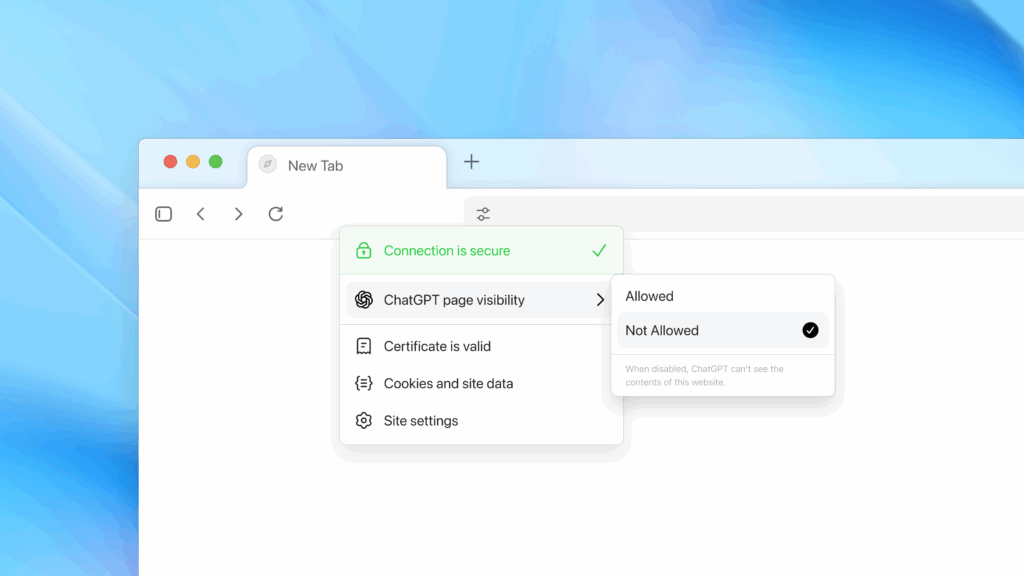OpenAI has launched ChatGPT Atlas, a new web browser built with ChatGPT at its core, enabling it to serve as an AI-powered assistant that integrates into users’ usual browsing flow, understands context, and responds in natural language.

“Atlas is built with ChatGPT at its core so it can enhance your experience all across the web,” Fidji Simo, CEO of Applications at OpenAI, explained. “For example, you can open a ChatGPT sidebar on any page to summarise, explain, or handle tasks directly in the same window. It can provide more relevant answers and suggestions based on the page you’re viewing.”

ChatGPT Atlas
Key capabilities of ChatGPT Atlas include the following:
- Designed for everyday browsing flow. Users can open a new tab to ask ChatGPT a question, search, or get help writing in-line without copy-pasting and switching tabs.
- Context aware. It can use content from web history, open pages, and logged-in sites to provide more relevant answers and suggestions.
- Remembers details. Atlas can remember details from browsing to resurface pages, automate tasks, or build on past work.
- Natural language response. Users can give it tasks using natural language, and Atlas can execute them, such as: “re-open shoes I looked at yesterday” or “clean up my tabs”.
- Agent mode. OpenAI is previewing the ChatGPT agent in Atlas so it can work faster and natively, enabling users to ask ChatGPT to take action and execute tasks in their browser (only available in preview to Plus, Pro, and Business).
- Access and memory control. With Atlas, users have complete control over their browsing history and data, allowing them to clear browsing history at any time or browse in incognito mode for added privacy.
“As always, we’ve prioritised safety, privacy and control, so you decide what ChatGPT can see and remember from your browsing history, and agent mode always operates within clear boundaries,” Simo assured users.




